“I miss the effervescent moment when I tap into a subject with the students and ideas start flying – it’s like shaking and opening a Coca Cola”
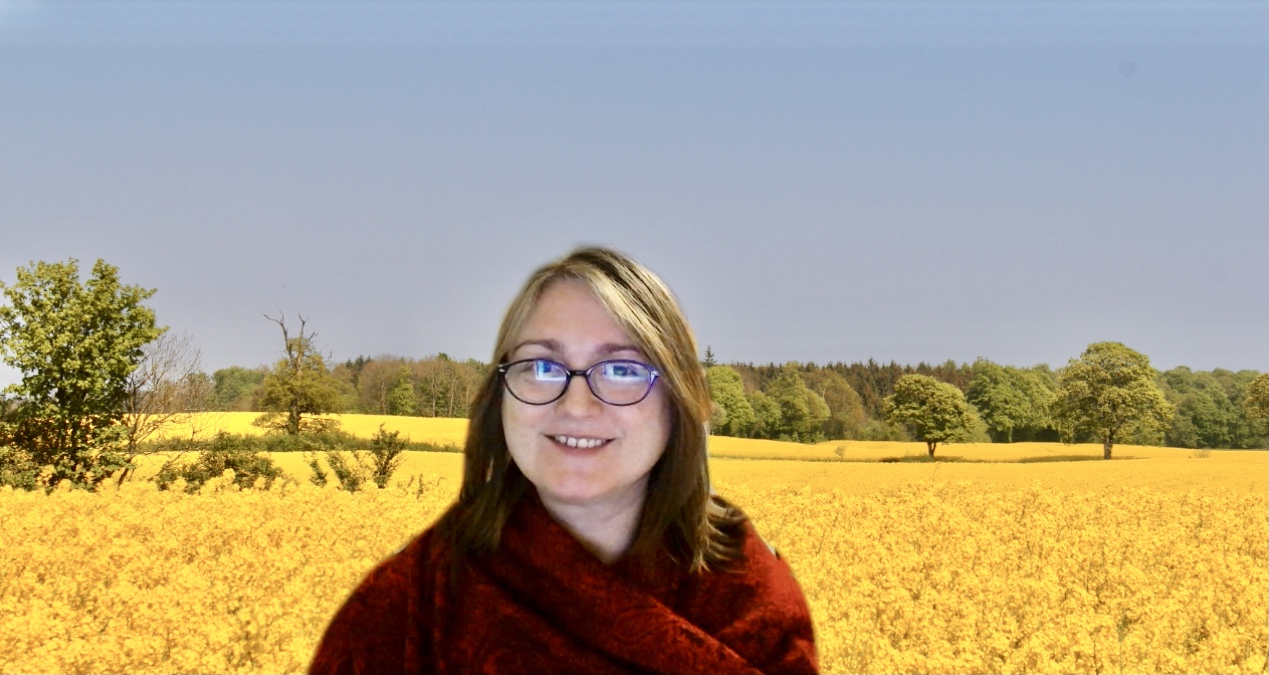
Adriana Budeanu teaches bachelor and master students and she tries to bring a little kindness into the virtual classroom. (Screenshot from Teams)
The corona saturation point was reached long ago, and it shows in the virtual classrooms, where students and teachers are struggling. Could a little compassion help? Yes, claims Teaching & Learning.
Pixelated pictures, turned-off cameras, muted microphones and bad sound quality are all part and parcel of the virtual classroom for the time being. And that is taking its toll on both students and teachers, reports Nanna Andersen, Special Consultant at Teaching & Learning.
“We are in a situation with a lot of fear, anger and anxiety, and what happens is that we unconsciously reflect that in the classroom. People are frustrated, maybe not because of the teaching, but because of the situation we’re in, but the frustration is reflected in the classroom. Maybe the students think the videos are bad, and the teachers are annoyed with the students for not being engaged and turning on their cameras,” she explains.
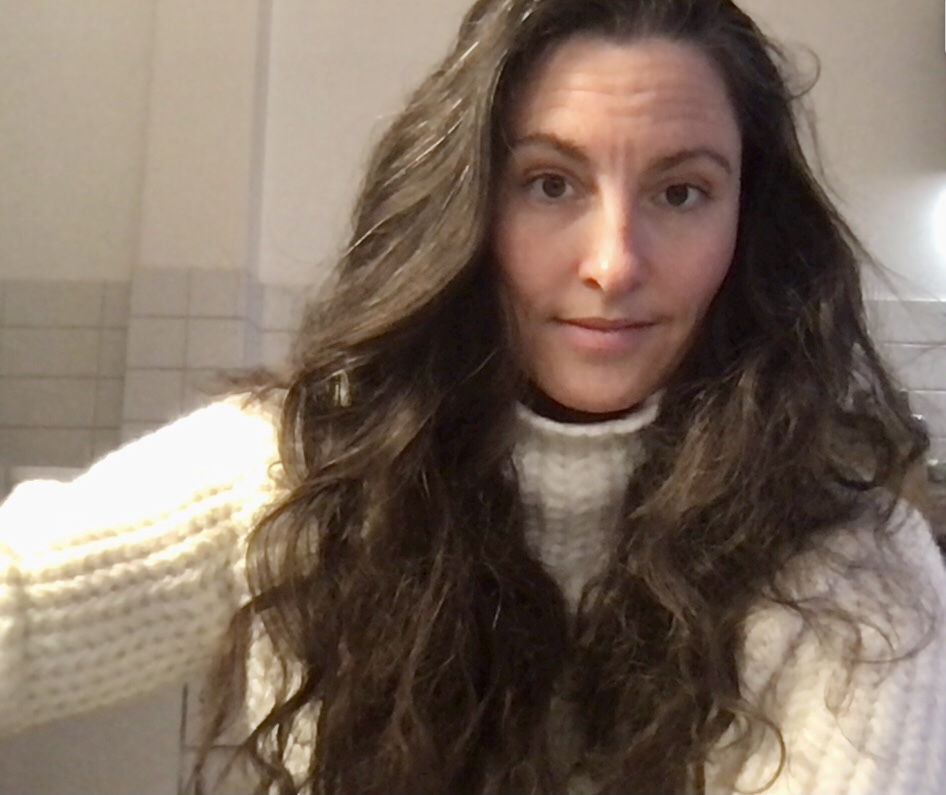
Nanna Andersen from Teaching & Learning hopes that the new compassion-initiative will spread like rings in the water. (Photo: Private)
In response to the situation, Teaching & Learning has just launched a new video which aims to spark a conversation about compassion and a reflection on the different situations teachers and students are in.
“I think many students don’t know about the struggles teachers have. Kids running around at home. And perhaps the teachers don’t know how the students are feeling. We believe compassion is a way of understanding each other’s realities,” she says and continues:
“What we need right now is human contact, and we can’t get that, and though squats won’t make things better, a little compassion will.”
Adriana Budeanu, Associate Professor at the Department of Management, Politics and Philosophy, teaches master’s and bachelor’s students, and she has had to adjust her teaching to suit the virtual classroom.
“I’m very much like a performer in my role as a teacher. I feed on the response from my audience, when I can’t, it’s challenging. Now, my audience is often silent and pixelated,” she says and continues:
“I miss the effervescent moment when I tap into a subject with the students and ideas start flying – it’s like shaking and opening a Coca Cola. It’s a moment when we bounce opinions and beliefs and that’s what makes teaching exciting. But it’s hard to create that online.”
Adriana Budeanu did not teach last spring but has been teaching fully online since the second lockdown. In fact, two days after the second lockdown was imposed, she was supposed to be teaching an on-campus class. But it suddenly had to go online.
“I informed and explained my students that I wasn’t sure how it would pan out and asked them to be patient. I was quite surprised, as I didn’t anticipate the large amount of work and preparation behind online teaching. And I don’t think the students know what it takes either. How could they?” she says and continues:
“Yes, one can read out loud my PowerPoint presentations in front of a camera. That’s a no brainer. But if you want to do something different and engaging, that requires a lot of work, actually.”
Be kind – not grumpy
Nanna Andersen explains that the team from Teaching & Learning have spent a lot of time assisting teachers with technicalities, such as recording and uploading videos. Now, teachers ask for guidance on how to make their teaching more engaging.
“In spring, it was more about survival. How do we make the technical part work. Now, the teachers are more open to thinking about how they can do it differently, now that they have learned the techniques, including how to engage the students and make them turn on their cameras and such. And adding compassion can be a solution,” says Nanna Andersen.
Kindness will not translate into a perfect paper either, but it will make students less stressed
Adriana Budeanu
She suggests that teachers and students bring in more of their personality in the virtual classroom and show some more vulnerability. Something she knows can seem far from what many CBS teachers and students to do.
“Many teachers and students are not used to bringing their emotions into play in the classroom. And they don’t necessarily need to on campus, but in this situation, when we can’t feel one another, it’s needed. Connection and compassion is more needed than ever. And as a teacher you can do so by just saying to the students that you are sitting in your kitchen for this lecture, and it’s a little messy and you are a bit insecure about the technique. Then you have brought yourself into play,” says Nanna Andersen.
Adriana Budeanu has done a few things herself to touch base with her students and add a personal element.
Before her latest course, she made a short survey asking the students questions about their location, if they had the conditions necessary for concentrating or attending lectures, and if they had a place to go where they had peace and quiet. Moreover, she has established some online cafés.
“We also talk about things that are not content-related. We talk about music, walks in the sun, me starting yoga because I have some problems with my shoulder, and I have told them what music I listen to,” she says and continues:
“I think it’s just my way of compensating for the lack of human contact, which I believe that we all need.”
You can tell that Adriana Budeanu is kind by nature. During the interview, she asks how I am doing and whether I can do my work from home. And she shows her students the same kindness.
“When I see them online, I ask them how they are doing, and sometimes I tell them that they look nice. Sometimes they giggle shyly. Other times, they look a bit skeptical, as it is not the role of a teacher to be kind. I can understand why some believe that teachers should have a certain stature, but being grumpy doesn’t bring better results,” she says and continues:
“Kindness will not translate into a perfect paper either, but it will make students less stressed, I believe. And it brings me joy when I teach. We all need and deserve kindness”
If they could see me now
The video from Teaching & Learning has been sent to all employees and students at CBS, and Nanna Andersen hopes the message will spread like rings in water.
“If just one teacher on each program takes the message from the video and acts on it in one way or another, entire classes will be affected. And I hope that the students will think that being a teacher in these times may not be so easy either and turn on their cameras. Hopefully, we will see the effect spreading,” she says.
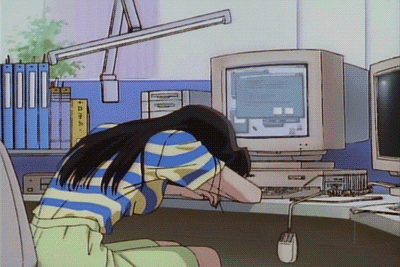
For Adriana Budeanu, the video from Teaching & Learning achieves two aims: it shows the ‘other’ side of a coin and it works as a reminder, she explains.
“It shows a glimpse of what teaching looks like right now. I had my first online lecture this semester two weeks ago, and I was sitting with two computers open, and the technology still played tricks on me. I can imagine that I must have looked a bit like a cave woman, with a humped back and shiny eyes focused on the screen,” she says and adds:
“I still remember how my cheeks were burning after I finished the three hours online:”
Also, the video shows what compassion is, and Adriana Budeanu thinks that it serves well to compensate the competitive culture, where one often forgets to be compassionate.
“We have a strong spirit of competitiveness among students and many strive to perform well. Compassion is different. It reminds us that being imperfect is what makes us human and there is beauty in imperfection. I think this is an important discussion to have, also with our students,” she says and continues:
“When you feel like you have to compete at everything, you cannot pay proper attention to anything. You don’t give yourself time to stop to reflect or to be compassionate. The pandemic has made us stop, offering an opportunity to reflect. It also helps us to maybe like our vulnerability.”



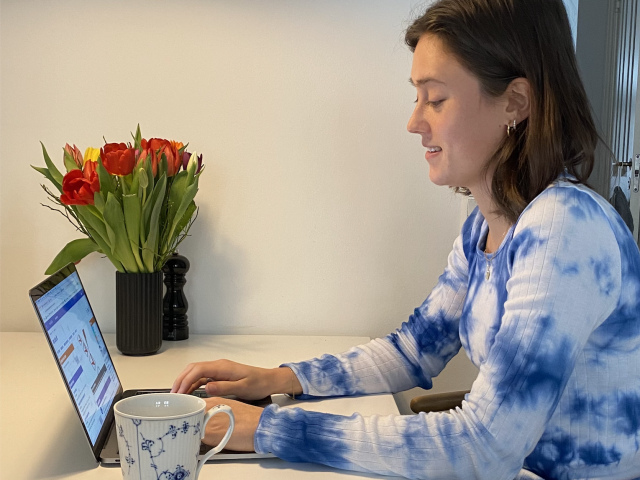
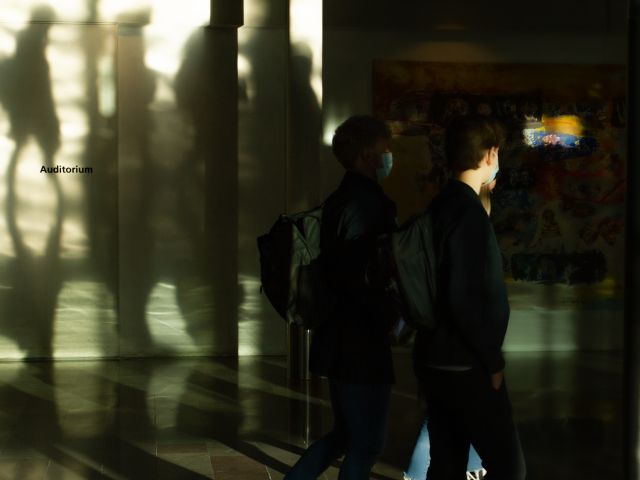
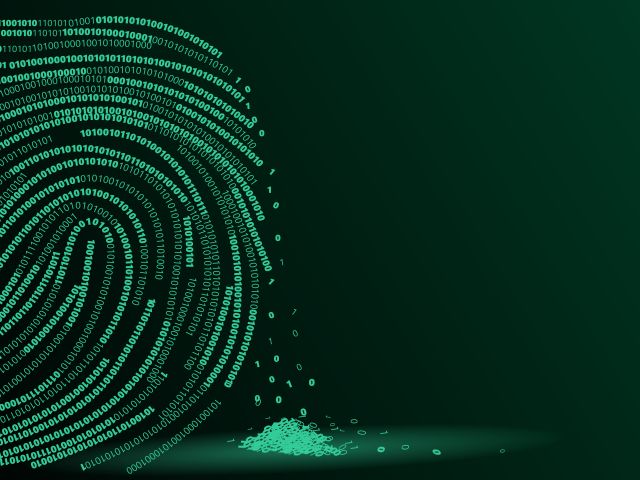

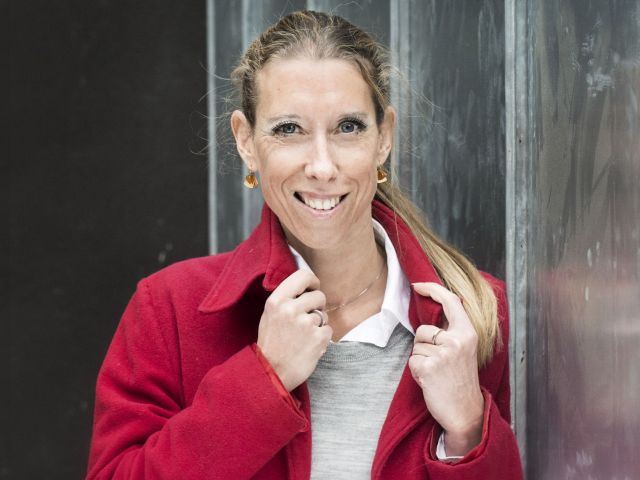
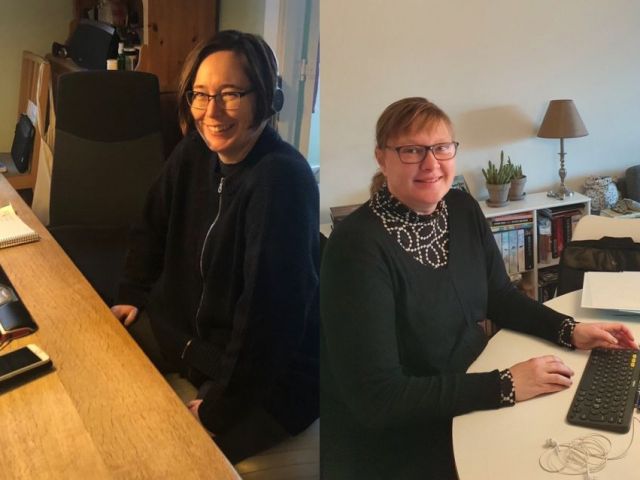
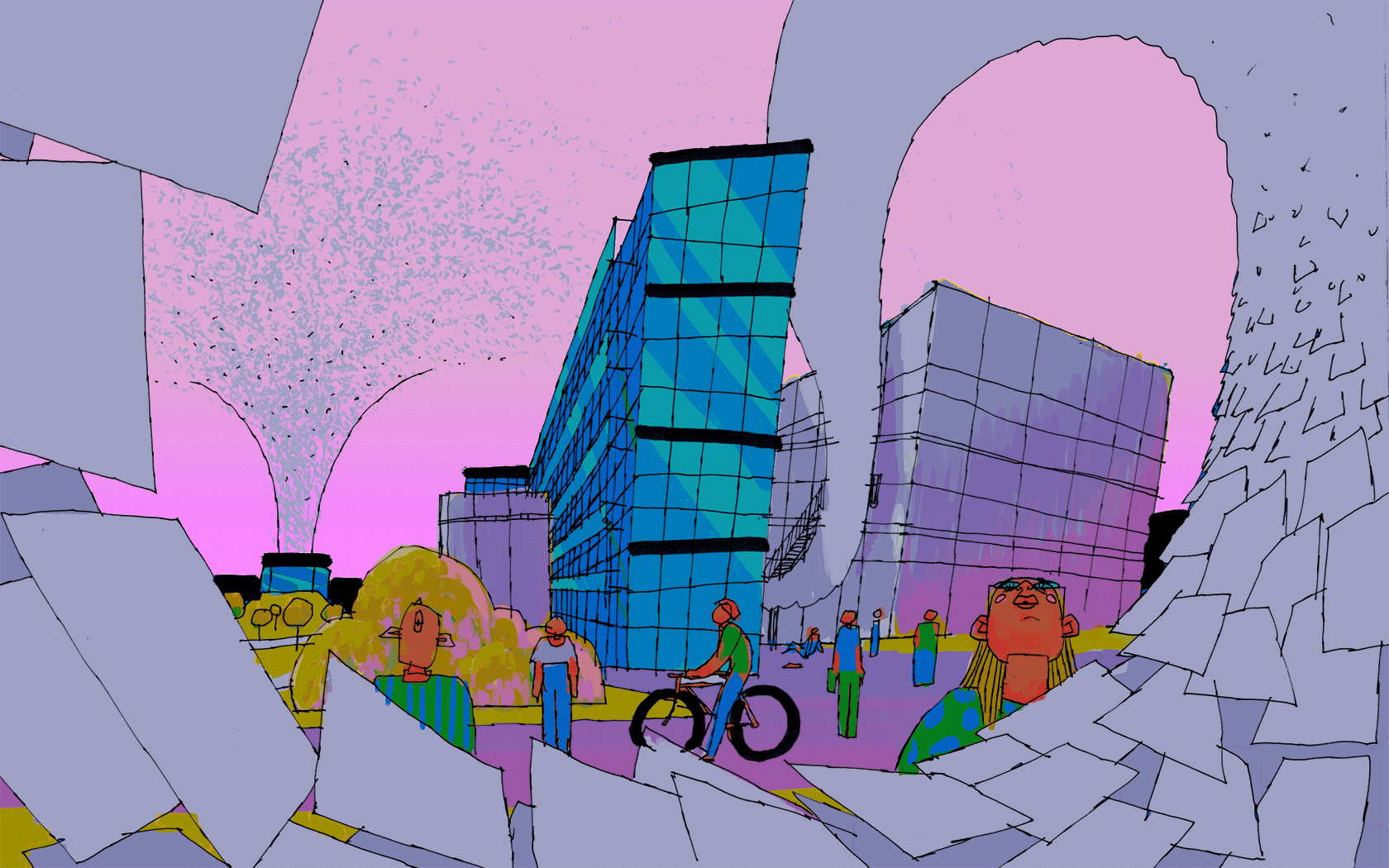
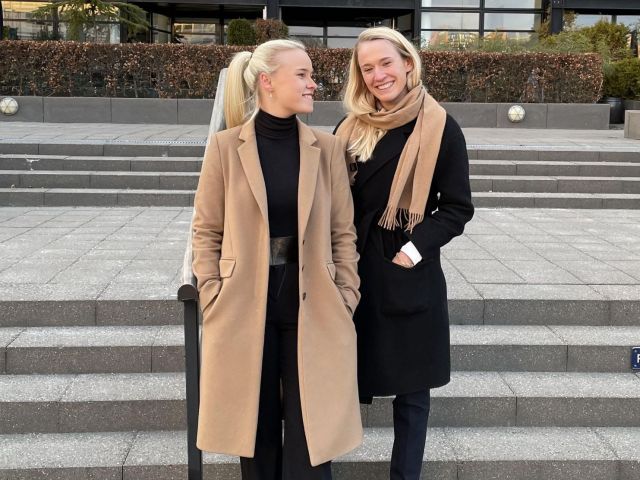




























































































































Comments